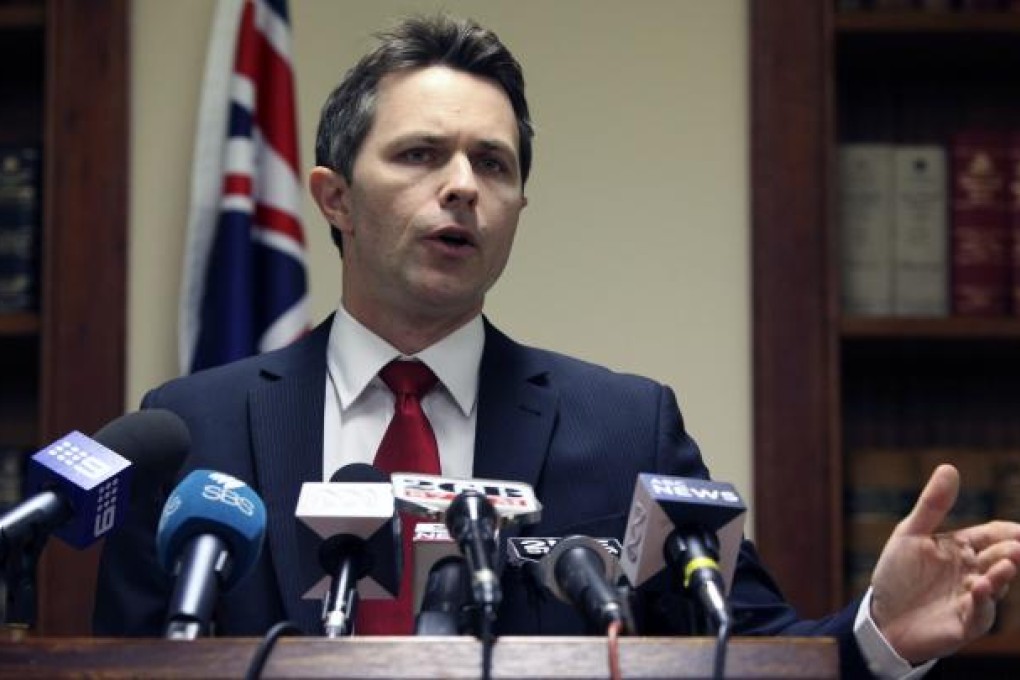Many still missing after 45 asylum-seekers rescued off Indonesia

Rescuers were searching for scores of asylum seekers on Thursday, a day after their boat sank off the Indonesian coast. Forty-five people were rescued, out of 150 onboard.
The emergency was the latest in a series created by a growing human smuggling trade in which thousands of would-be refugees from countries including Afghanistan, Iran and Sri Lanka travel from Indonesia to Australia in overcrowded fishing boats.
More than 90 died when two boats sank within a week in June and more than 300 have lost their lives making the perilous journey across the Sunda Strait between Indonesia and the Australian territory of Christmas Island since last December.
In the latest incident, a boat reportedly carrying 150 asylum seekers sank off the main Indonesian island of Java on Wednesday.
The Australian Maritime Safety Authority (AMSA) said there were three merchant ships in the area assisting with the search and the focus through to Friday would be “on recovering survivors".
“Vessels involved in the search and rescue operation in Indonesia have recovered 45 survivors,” the AMSA said.